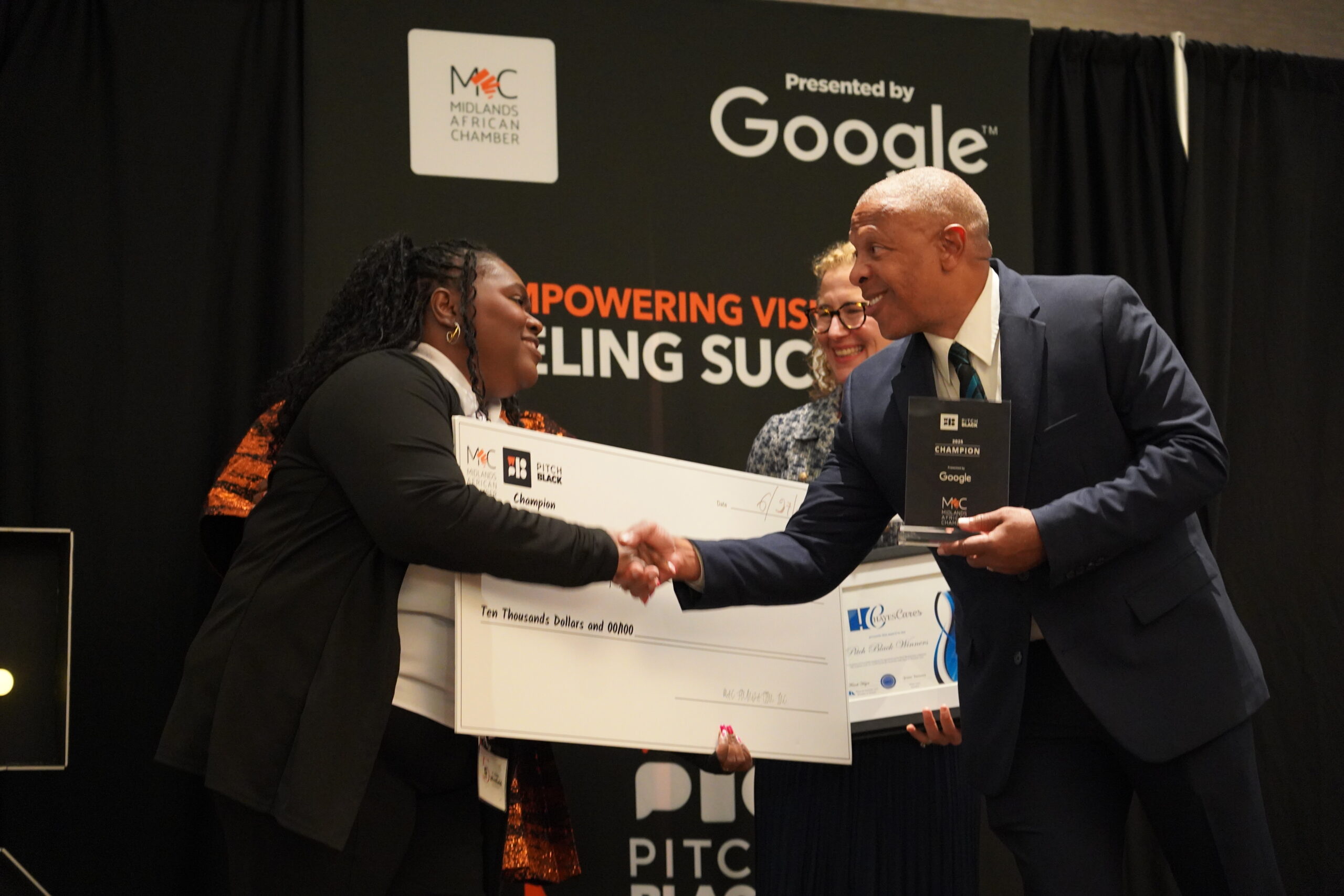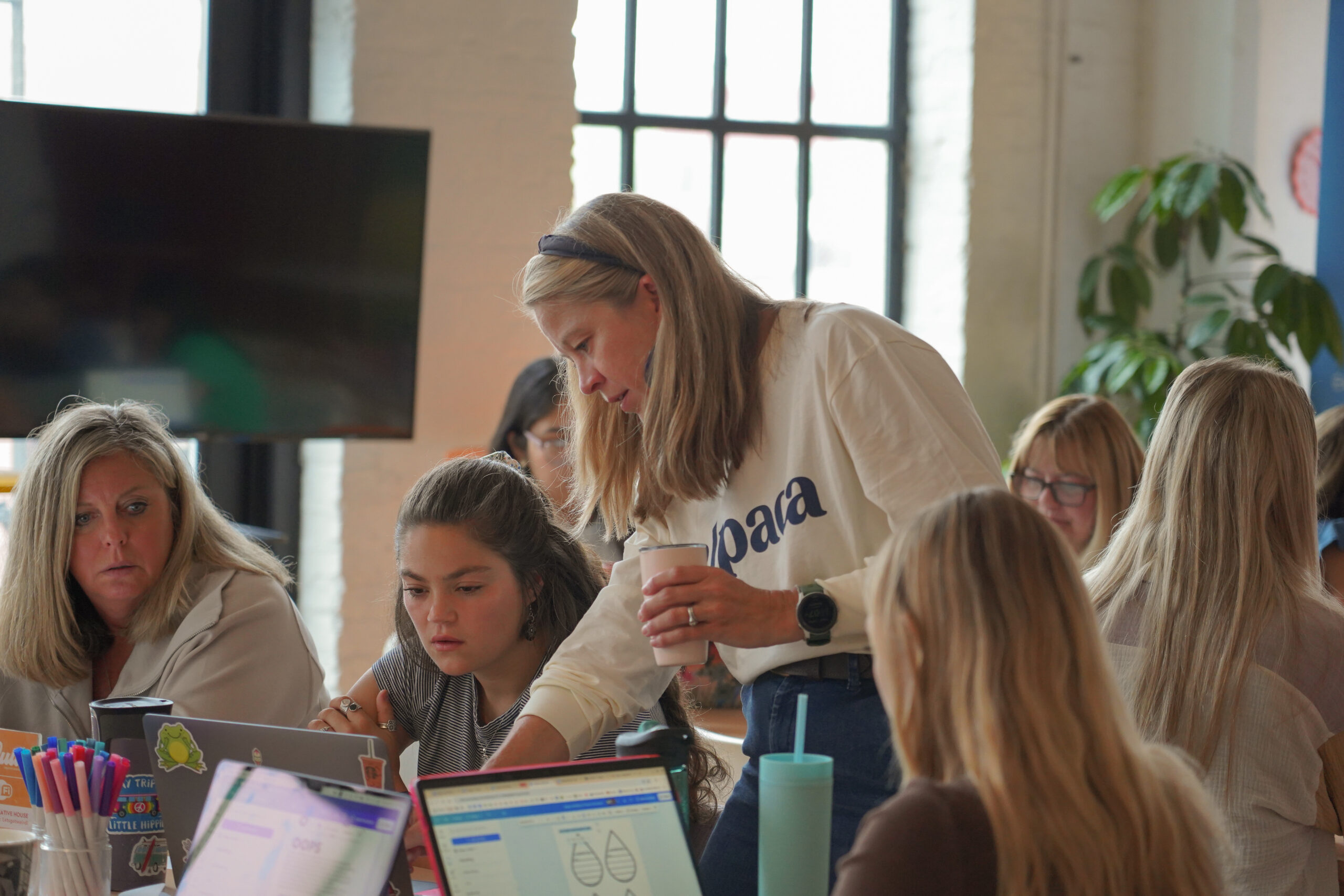
The views in this article are those of the author and do not necessarily reflect the views of the Federal Reserve Bank of Kansas City or the Federal Reserve System.
Last April I was invited to speak on the topic of building entrepreneurship networks at the US SourceLink national conference in Kansas City. About midway through my presentation I felt the need to take it in a different direction. I shifted gears. I began to focus on the topic of inclusive entrepreneurship in our communities.
I began to challenge the audience of entrepreneurship support providers to take stock of who comes to their networking meetings and participates in their programs. I also asked them to reflect on the level of engagement and the experience these entrepreneurs are having in their programs and events.
The reason I pushed them to reflect on these questions is because I have noticed a concerning trend in my travels across the region and nation: There is very little diversity in many of the “startup and high-growth entrepreneurship” events, networks and programs that we create in our cities.
In my observation, as a participant in many of these events, they trend towards being middle class, white and usually male-centered.
The role of entrepreneurship in communities
During a break, two individuals from the Mayor of Baltimore’s economic and community development staff came and introduced themselves. They were intrigued by the conversation on inclusivity, and it just so happened that the conference was held the same week the riots in Baltimore were occurring.
We ended up having an hour-long conversation about the necessity of prioritizing entrepreneurship in communities as ways to both build local economies and create empowered communities.
I shared with them a few of my economic development beliefs: I believe that the foundation of most social unrest in our urban communities is rooted in the lack of ownership of both business and property. I also believe that the best way to empower these communities and grow local economies is through entrepreneurship.
In Baltimore, according to the staff members, like many of our urban communities, neither entrepreneurship nor local ownership was an economic development priority in these spaces.
Let’s connect the dots between the two conversations. The first conversation was on the need to prioritize inclusivity in programs and networking opportunities within our startup and high-growth entrepreneurship communities.
The second conversation was on the need to create stronger entrepreneurship in urban communities to help empower and build local communities and their economies. These two things go hand in hand.
It is often easy to go for low-hanging fruit as we seek to do a better job of helping support our local entrepreneurs. It’s easy to go after individuals that already have startup capital. It’s easy to go after potential entrepreneurs that have had role models in business and have access to social networks that can help them leverage opportunities when they’re ready to start.
It’s easy to create networking events that are only tailored towards a specific audience that you’re most comfortable with. Most of the time these “easy” activities often end up excluding many diverse groups that also have high entrepreneurship potential but not the same access to resources or opportunities.
The business case for inclusive entrepreneurship
In 2003 Richard Florida wrote the very successful book called The Rise of the Creative Class. In this book he argues that one of the things that make cities grow is their ability to embrace diversity. This echoes the large amount of research and conversation around the importance of diversity within the corporate sector.
For example, a study by Forbes in 2011 called Global Diversity and Inclusion: Fostering Innovation Through a Diverse Workforce showed that companies that embraced diversity drove both innovation and business growth. I would argue that creating inclusion within our entrepreneurial communities of practice, programs and networks will also provide similar benefits.
There are also some very pragmatic reasons to create inclusive entrepreneurship in our communities. America is expected to become a majority-minority nation by 2050. This means that for the first time in American history there will be more minorities than the white population.
From an entrepreneurship standpoint, this means entrepreneurs who have more inclusive networks and can effectively understand and serve diverse markets will have a competitive advantage. One of the easiest ways for these relationships to occur is to build them into entrepreneurship networks. This allows startups and young businesses to build diverse business networks that will drive growth in diverse markets.
An economic reason to create more inclusivity is the need to create and grow minority businesses to foster a strong and growing American economy. The Hispanic population in America is projected to grow from 17% to 29% by the year 2050, according to the 2008 Pew Report, U.S. Population Projections: 2005 – 2050. During this same period of time the white population in America is projected to decline from 63% to 47%.
The challenge with this is that the average Hispanic business is one fourth the size and employs one fourth the individuals as the average white business. This means that if we don’t create more and stronger Hispanic businesses there could potentially be severe long-term economic challenges for all entrepreneurs and workers in the U.S.
Where to start
Creating inclusion doesn’t have to be hard, but it does have to be purposeful. Here are a few ways to help our Silicon Prairie communities get started:
- Be intentional about it. There is a saying that energy flows where attention goes. If you live in a community with a high level of diversity and find that your entrepreneurship events and programs don’t reflect that, make it a priority to figure out how to become more inclusive. For example, can you broaden your marketing efforts, hold your events and programs in different locations or reach out to influencers in diverse communities?
- Be willing to be uncomfortable until you become comfortable. Change is hard. When you work to become inclusive you will be engaging with individuals with different perspectives, cultures and ways of viewing the world. This can be uncomfortable at first. Be willing to work through the discomfort and build relationships around the reason everyone is coming to your events and your programs—their desire to be entrepreneurs. Over time, what once was uncomfortable will become the new normal.
- Recognize that diversity comes in many forms. While I focus heavily on racial diversity in my work there are many other forms of diversity to consider and include also. Think about how you can reach out and include our talented seniors, women, lower-income populations, etc.
I will conclude with this. I have made both business and economic arguments as to why inclusive entrepreneurship is important. However, in my opinion, beyond all economic arguments I simply believe it is the right thing to do in America. To the degree that we include as many as possible into our economic space through entrepreneurship is the degree to which we reflect the American melting pot ideal.
As entrepreneurship becomes an ever increasing focal point for policy makers and the business community, our ability to ensure participation across race, class and gender will determine how we will be as a society going forward. It is my hope that we choose inclusivity over exclusivity as we build our great entrepreneurial communities.
—
Dell Gines is the Senior Community Development Advisor for the Federal Reserve Bank of Kansas City. He is a nationally recognized speaker on the subject of entrepreneurship based economic development and is one of fewer than 4,000 individuals in the U.S. with a CeCD economic development certification.





3 responses to “The case for inclusive entrepreneurship”
Fantastic op ed, Dell. I couldn’t agree more. Well written, sir. I really loved this part:
“We ended up having an hour-long conversation about the necessity of prioritizing entrepreneurship in communities as ways to both build local economies and create empowered communities.”
Hear hear!
For those in Kansas City who want to get involved with the many efforts helping to bridge the divide between East and West KC, join the “Our United City” movement: https://www.facebook.com/groups/1110949625630304/
Energy flows where attention goes. #truth
Great read, and apropos as I just concluded the Lexington Biz Kidz Camp which included children from many cultures; similar to the Youth Biz Camp I taught in San Jose, CA a few years ago.
Dell, as always, makes compelling arguments for inclusive entrepreneurship. His words should inspire all of us who are supporting or doing the work of building stronger entrepreneurial ecosystems to take a good look at who we engage and how we engage. I’d like to add a couple more dimensions to Dell’s excellent piece. When we think about diversity, we need to add generational diversity. If we aren’t including and drawing in younger entrepreneurial talent, who will drive the entrepreneurial ventures of the future? We need young, talented, upstart minds at the same table as the more grizzled, experienced entrepreneurs so we can learn together and push each other toward new horizons.
I so agree with Dell’s analysis of the role entrepreneurship and ownership can play in empowering people in our inner cities, places like Baltimore. We need to also bring that same commitment and intention to rural places that are experiencing similar levels of disinvestment, despair and unrealized opportunity – the coalfields of Appalachia, rural small towns in the Delta. We need to unleash the entrepreneurial energy in these rural places as a pathway toward an ownership future for residents. Even better, let’s figure out ways to share learning back and forth between inner city neighborhoods and small rural communities.
And, one final point. So often we focus our support efforts on what we call “business entrepreneurs” – people starting a single bottom line business. We need to be as intentional about helping social entrepreneurs get started – people starting a double or triple bottom line business. I had the privilege of attending the Appalachian Conference on Social Enterprise in April in West Virginia. The energy – so many young people, women, newcomers and natives to Appalachia – was infectious as we shared ways to pursue entrepreneurship that also addresses critical community needs. We need to be sure we are creating venues for social entrepreneurs to learn from each other and from their business entrepreneur colleagues. We’ll have a richer conversation and, as Dell suggests, build a stronger US economy and great entrepreneurial communities. Thanks to Dell for leading the charge!